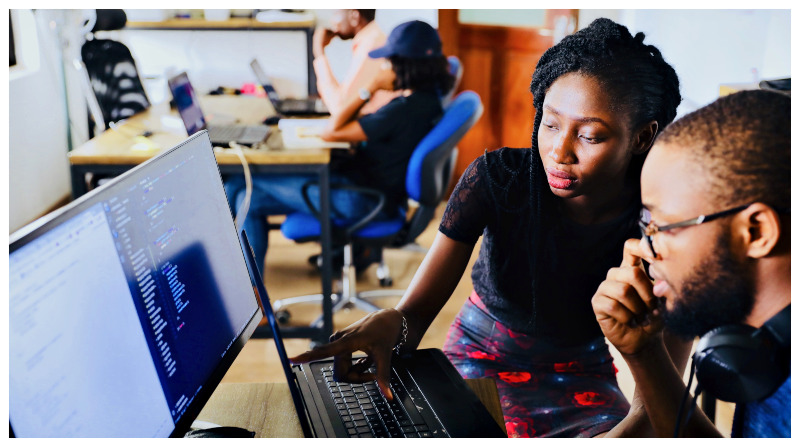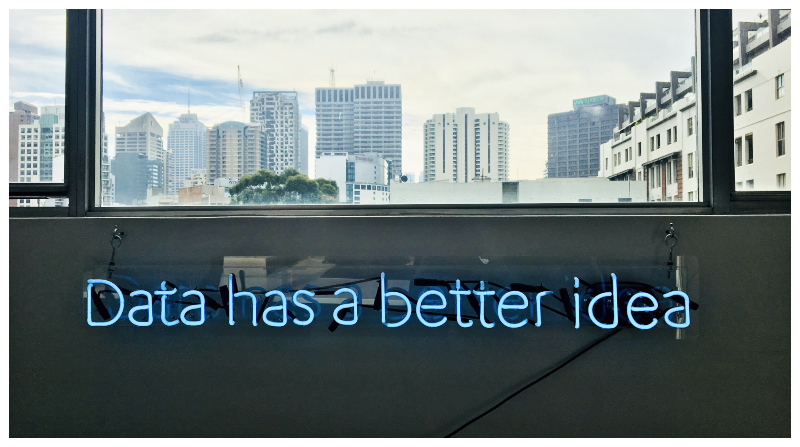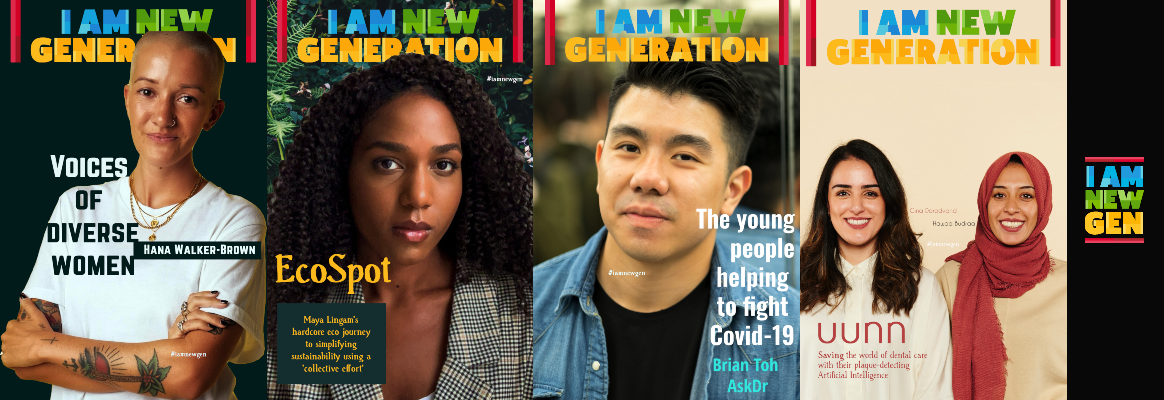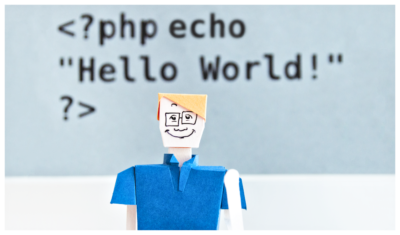The era of artificial intelligence (AI) is upending the world of work as we know it. That said, we have not reached the stage that so many fear – a world where robots replace the human workforce and destroy millions of livelihoods in the process.
Whilst it’s impossible to ignore attention-grabbing headlines like Will AI steal your job?, they do little to inform insightful debate about the future of work.
That said, there is a grain of truth to this speculation. In the months and years ahead, we will likely see repetitive and monotonous tasks being delegated to machines than can perform these tasks much more efficiently.
However, there is no need to panic.
Rather than simply displacing jobs, AI will create a host of new opportunities for the workforce.
A 2018 report from the World Economic Forum suggests that while 75 million jobs may be displaced globally by a shift in the division of labour between humans and machines in the next five years, 133 million new roles may emerge that are more adapted to this division.
This suggests that we can expect to see the creation of 58 million new jobs in just half a decade.
In light of this, below, I will answer some key questions that businesses and professionals alike should be asking themselves as we enter the fourth industrial revolution.
How Will AI Reinvent Work
AI’s unique qualities mean that it is perfectly positioned to augment the performance of the human worker.
For one, it has an unparalleled ability to harness and analyse masses of data.
AI toolsets can scan huge volumes of information from various different sources in order to pick out the most relevant points, or else uncover important patterns within.
That’s not to say that human workers can’t do the same, but it would undeniably waste precious time and resource that could instead be diverted to more pressing matters.
We also cannot overlook the element of human error – machines are much less likely to make mistakes when processing data.

This means that it is naturally placed to take on repetitive, costly and time-consuming tasks.
So, where does this leave us? The challenge for business leaders is to explore how AI can be used to supplement, rather than replace, the workforce.
Indeed, a collaboration between humans and machines will generate enormous value for both workers and the wider business.
As a case in point, let’s consider how digital assistants are being used to relieve the administrative burden on customer service professionals.
Chatbots hosted on company websites are increasingly being used as the first port of call for customer enquiries.
Rather than employees spending precious hours answering standard inbound inquiries, AI-powered solutions can offer tailored responses to commonly asked questions.
If the tool is unable to offer an adequate response based on the data it has access to, the customer can then be diverted to a human professional.
This example demonstrates the many benefits professionals can enjoy.
Crucially, it leaves them with time to focus on more fulfilling and creativity-intensive tasks which, by extent, is a sure-fire way to improve overall job satisfaction.
What Skills Will Workers Need In The Age Of AI
This important question can be answered by exploring what roles might be available to the next generation of professionals.
The first point to address is that we cannot have AI without humans.
We need people who can build these intelligent solutions, and ensure they operate to their full potential.

AI also requires human oversight – in most (if not all) cases, AI is not a lone operator, and needs humans to make decisions based on the data and insights presented to them.
The demand for data literacy and digital skills will therefore surge, with improved STEM skills being vital for those who are keen to take on jobs that will arise out of AI and automation.
It goes without saying that those working with the technology must be adept at interpreting data, finding patterns within it, and identifying which data sets would be useful for AI training.
After all, AI is only as good as its data.
Amongst the many roles that will therefore arise during this technological revolution, the aforementioned World Economic Forum report suggests that Data Analysts, Data Scientists, Software Developers and Ecommerce specialists are just some of the disciplines that will rise to prominence.
But this does not mean human soft skills will become obsolete- rather, these will be more important than ever.
With machines taking over tedious administrative tasks and data management responsibilities, humans will be left with responsibilities that require problem-solving, social and emotional response, and creative thinking.
The same report suggests that we will begin to see the doors opening for roles that require more distinctively ‘human’ skills.
These include positions such as Customer Service Workers, Human Resource Specialists and Innovation Managers.
Qualities that will help the workforce thrive will be crucial for businesses looking to integrate AI into their workplace.
That’s why empathy, adaptability and leadership are characteristics that will be sought in potential employees, to ensure that a symbiotic partnership can form between humans and machines.
The year 2020 is set to be an exciting year for AI.
I look forward to seeing the creative ways that businesses across different sectors take advantage of this technology and use it to boost their workforce.
Post By: Nikolas Kairinos, CEO and Founder, Fountech.ai – a company specialising in the development and delivery of artificial intelligence solutions for businesses and organisations.
Image Copyright – Shutterstock (main image) and Unsplash (middle images)
More Stories
Future Of HR: Will your next manager be a chatbot?
Why Emotional Intelligence and not technical skills determines career success
Using My Tech Startup To Stand Up Against Gender, Racial And Disability Bias In The Workplace










